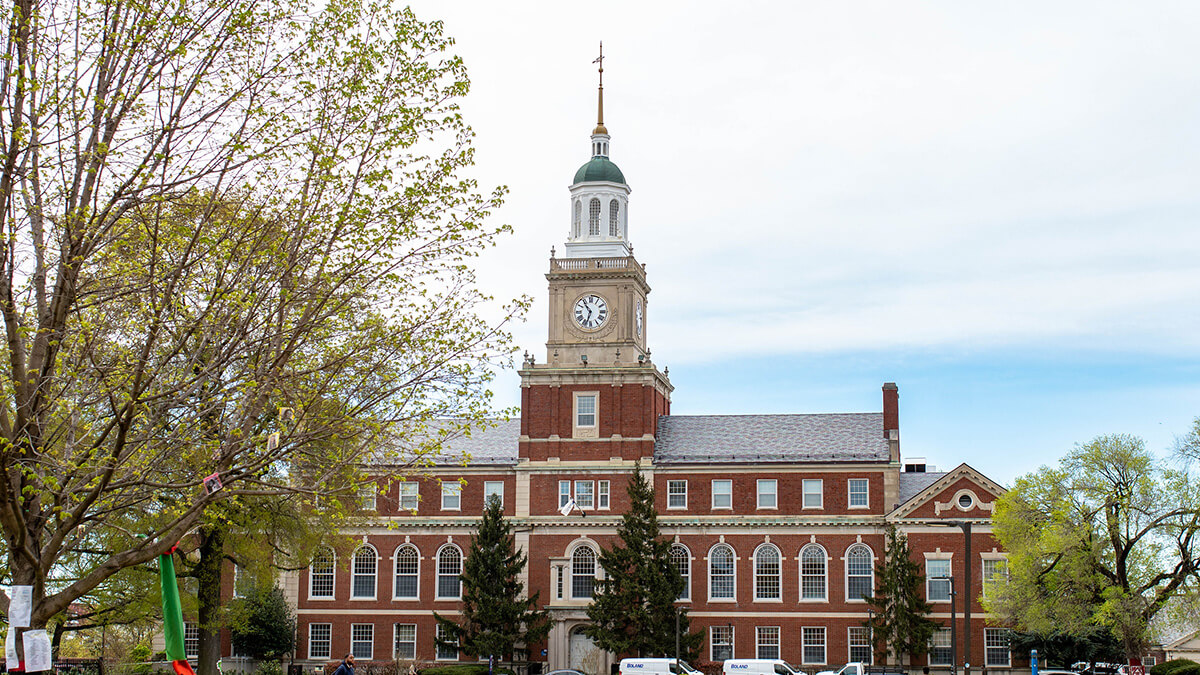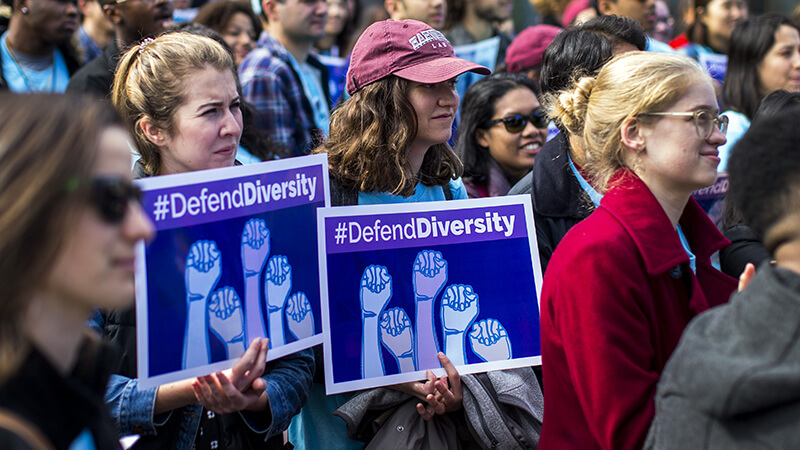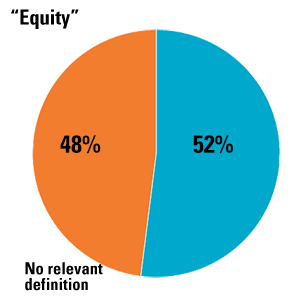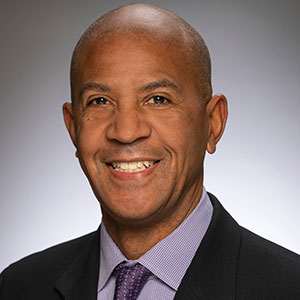Ending Racial Injustice
People want a fair shot at a college degree or other credential that allows them to learn, grow, and thrive. But opportunity isn’t equal: It still depends on who you are and where you come from. In light of the country’s enduring legacy of racism and structural barriers to achievement, we must all do more to make opportunity real for Black, Hispanic, Latino, and Native American people.
To achieve equity, we must focus our efforts. The promise of American opportunity has always been in sharp contrast with our nation’s legacy of racial discrimination and oppression. At Lumina, we work with others to pursue racial equity, diversity, and inclusion to eliminate the systemic racism that fosters injustice.
Unfortunately, today’s education systems fail to meet the needs of today’s students. These students are more racially and ethnically diverse. They are more likely to work full time. And they are more likely to experience poverty, a lack of stable housing, and food insecurity. These circumstances reflect widening gaps in income, wealth, and access to opportunity.
Policies, practices, and beliefs—rooted in history and still affecting people today—especially keep many Black, Native American, and Hispanic people from the education and skills they need. These systems unfairly hold back students seeking better education and better lives. Racial disparities in the United States are widening; without concerted efforts, such inequity will continue to grow.
Deliberate policies created or contributed to these unjust conditions, and it will take focused efforts to undo them. Higher education can play an important role. Despite serious challenges, education and training after high school remain among the most secure pathways to economic stability. But the country needs a learning system that works well for everyone.
We work with partners to pursue racial equity by ensuring that colleges, universities, and other education providers do all they can to make opportunity real for students of color, students who are the first in their families to go to college, students from low-income families, and working-age adults.

















